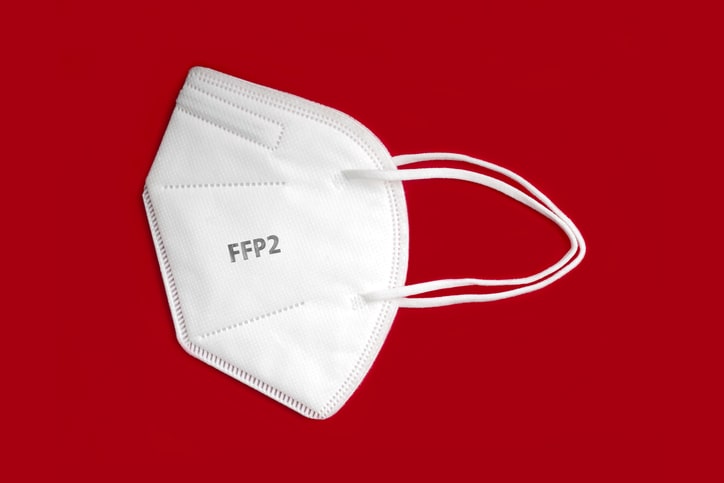
Among adults with chronic kidney disease (AKD), there is an association between diminished cognition, particularly executive function. Results from the CKiD (Chronic Kidney Disease in Children) study suggest a risk for impairment of executive function, a finding associated with heightened blood pressure variability.
Lyndsay A. Harshman, MD, and colleagues conducted a study designed to examine whether there is also an association between low serum bicarbonate and performance on tests of executive function in pediatric CKD; the study also sought to identify potential interaction between low serum bicarbonate and blood pressure variability. Results were reported online in Pediatric Nephrology [doi.org/10.1007/s00467-020-0450705].
The current analysis included participants in CKiD who had serum bicarbonate, blood pressure, and selected cognitive measurements available. The analysis derived a summary score of executive function form scores on the Delis-Kaplan Executive Function System, Conners’ Continuous Performance Test, and Digit Span Backwards subtest from the Wechsler Intelligence Scale for Children-IV-Integrated. A global Executive Composite score was derived from results of parent-completed Behavioral Rating Inventory of Executive Function.
Data were available for 865 children. Of those, 22% had low serum bicarbonate (CO2 ≤20 mmol/L) at baseline. In multivariate analyses, there was no association between bicarbonate, hypertension, and executive function. There was no significant interaction between CO2 and hypertension.
In the model with global executive function as the executive function outcome, there was a significant interaction between high CO2 (≥26 mmol/L) and blood pressure variability (P=.01). This interaction indicated that while higher blood pressure variability was associated with worse executive function in the low and normal CO2 groups, higher blood pressure variability was associated with better executive function in the high CO2 group.
In summary, the researchers said, “Our analyses revealed an interaction between one measure of blood pressure variability and low bicarbonate on neurocognition in pediatric CKD, suggesting a potential role for control of both bicarbonate and blood pressure in preserving cognition in early CKD. Further research is needed to confirm and further define this association.”







 © 2025 Mashup Media, LLC, a Formedics Property. All Rights Reserved.
© 2025 Mashup Media, LLC, a Formedics Property. All Rights Reserved.